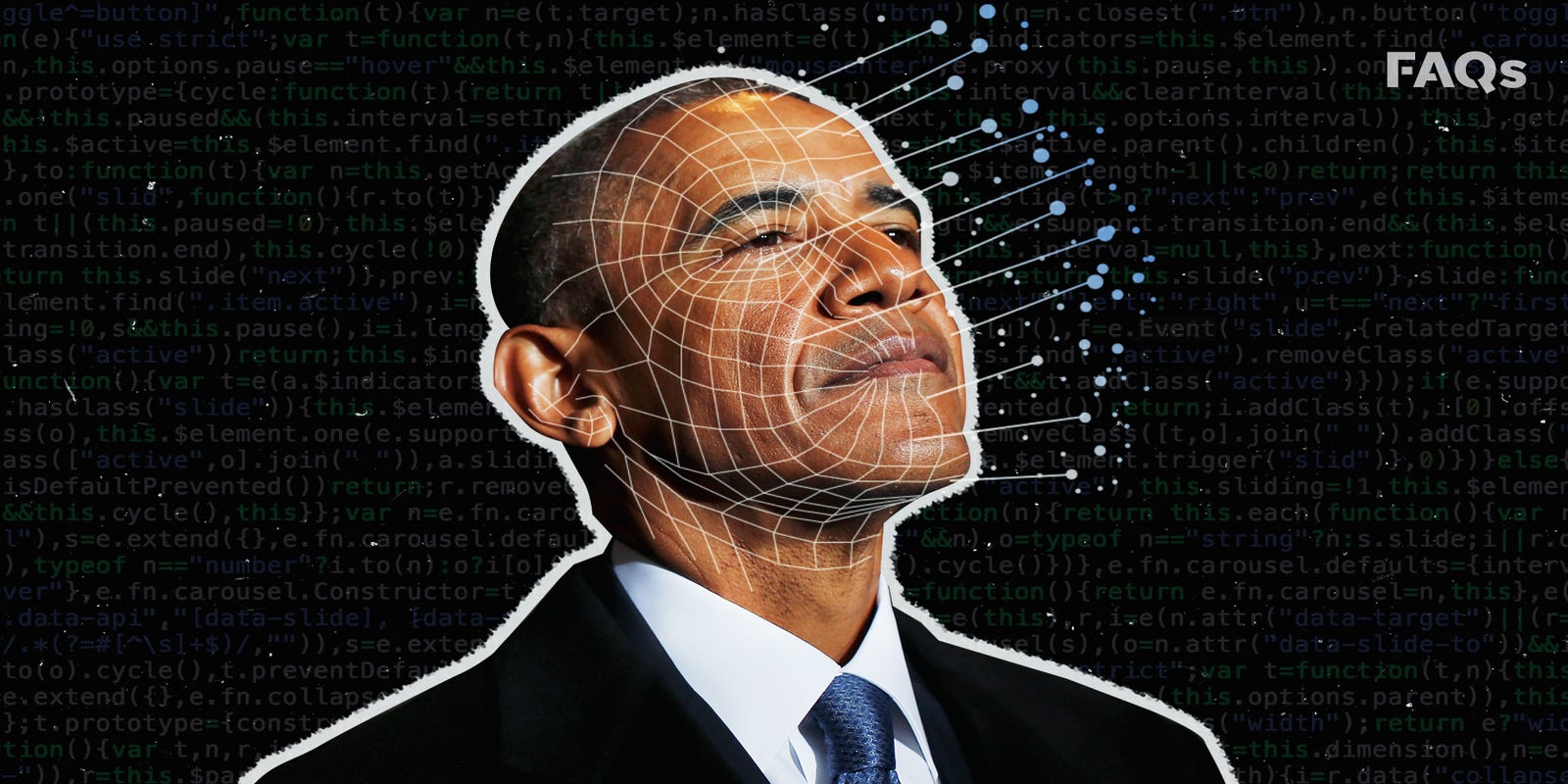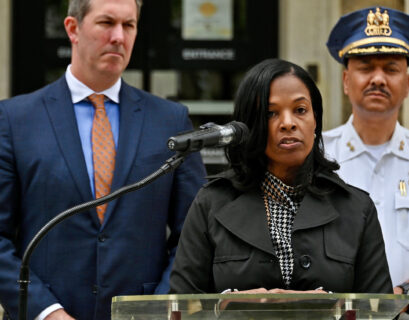Two days prior to the New Hampshire primary, Gail Huntley was among the many individuals who reportedly received a call from President Joe Biden advising against voting.
The call, which stated, “It’s crucial that you reserve your vote for the November election,” was actually a deep fake AI-generated message produced by the Texas-based Life Corporation, imitating the president’s voice.
“I was hopeful that recipients of that call would recognize the message as false and still exercise their right to vote,” Huntley expressed.
Preparing for the polls: Explore the presidential candidates and compare their stances on key issues in our Voter Guide.
In response to the election interference in New Hampshire, the Federal Communications Commission prohibited the use of robocalls featuring artificial intelligence-generated voices.
FCC Chairwoman Jessica Rosenworcel emphasized the misuse of AI-generated voices in robocalls for extortion, celebrity impersonation, and voter misinformation. State Attorneys General are now empowered to combat these fraudulent activities and safeguard the public from deception and disinformation.
Understanding Deep Fakes
Deepfakes, generated by AI, manipulate videos, images, and audio to alter the appearance, voice, or actions of political figures and election officials. The concern revolves around whether political advertising, intentionally or unintentionally, misleads voters regarding voting details.
Federal Response
Currently, there are no federal regulations specifically targeting deepfakes. While legislative actions addressing AI-generated content are progressing slowly, the White House Artificial Intelligence Council convened following President Biden’s executive order to mitigate AI-related risks in national security and consumer domains.
A bipartisan task force led by House Speaker Mike Johnson and House Minority Leader Hakeem Jeffries aims to regulate artificial intelligence usage, particularly in politics. However, the focus is on future campaigns rather than the upcoming 2024 elections.
State Initiatives against AI Deepfakes
Several states, including Minnesota, Michigan, California, Washington, and Texas, have enacted laws restricting AI in political communications. Over 30 states have introduced more than 50 bills since January to regulate deepfakes in elections, emphasizing disclosure requirements and prohibitions. The effectiveness of these bills in combating deep fakes during the current election cycle remains to be seen.
Notable State Legislation:
Minnesota: Passed a comprehensive bipartisan bill criminalizing various forms of deepfakes, particularly those influencing elections within 90 days of voting.
Colorado: Proposed a bill mandating disclosure on any deepfake AI communication related to a candidate, enabling candidates to pursue damages against deepfake creators.
New Hampshire: Introduced a bill requiring disclosure of AI usage in political advertising and prohibiting deceptive AI within 90 days of elections.
Hawaii: Proposals empower the Hawaii Campaign Spending Commission to investigate and penalize AI-generated deceptive information, with similar disclosure requirements as other states.
California: Introduced the California AI Accountability Act, focusing on user notification when interacting with AI, and legislation to ban materially deceptive political deep fakes.
Nebraska: Considering bills to ban dissemination of AI-generated deep fakes 60 days before elections, targeting misleading voter representation.
Virginia: Collaborating with Governor Glenn Youngkin to address AI challenges, including creating a task force to evaluate deepfake impacts and regulate AI use.
Impact on 2024 Elections and Voter Awareness
Experts anticipate the 2024 election cycle to be heavily influenced by AI, potentially impacting voter decisions. Public Citizen emphasizes the urgency of implementing stringent regulations and safeguards to combat the proliferation of deepfakes and misinformation in political campaigns.
Ashley Casovan from the International Association of Privacy Professionals stresses the necessity of understanding AI usage, implementing mitigation measures, and enacting robust legislation to counter malicious AI applications.
The evolving landscape of AI technology underscores the importance of timely regulatory actions and comprehensive safeguards to protect the integrity of elections and combat the spread of disinformation.
This content includes contributions from Elizabeth Beyer, Melissa Cruz, Margie Cullen, Sarah Gleason, Maya Marchel Hoff, Kathryn Palmer, Sam Woodward, and Jeremy Yurow.










